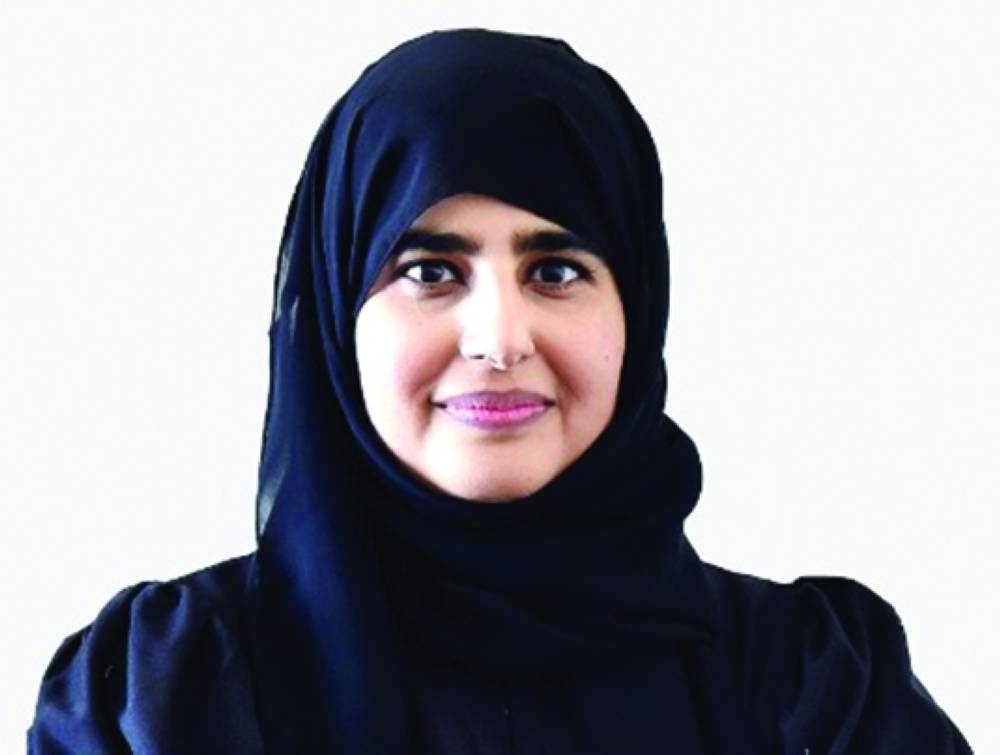Qatar will celebrate Saturday the International Day of Women and Girls in Science. The day is marked to raise awareness of the need to involve more women and girls in mathematics, technology and science, in implementation of the decision of the UN General Assembly, which was issued on Dec 22, 2015.
Qatar and its wise leadership pay great attention to educating Qatari women and girls at all levels of education, empowering and qualifying them to occupy the highest leadership positions, believing in their distinguished role, capabilities and creative potential for the advancement of the country.
The Qatari interest in educating and empowering Qatari women and girls was clearly embodied in the permanent constitution of the country, which equalised both sexes without discrimination in rights and duties, as well as other national and sectoral strategies and those concerned with education and training, including the strategy of the Ministry of Education and Higher Education, Qatar University and Qatar Foundation for Education, Science and Community Development, all of which would empower Qatari women and give them the opportunity to highlight and enhance their capabilities to serve their country, especially in the field of science and scientific research.
In this regard, the Vice-President for Research and Graduate Studies at Qatar University Dr Mariam al-Maadeed, praised the efforts of Qatar to support and enhance the role of women, especially in the fields of mathematics, technology and science. Dr al-Maadeed said that Qatar University was distinguished by its educational and research capabilities and its support for science in various fields, adding that the university will hold a celebration tomorrow, for the fifth year in a row, on the occasion of the International Day of Women and Girls in Science 2023, which is organised by Unesco.
She said that the event is being organized at the university with concerted efforts from the research and postgraduate studies sector and in co-operation with the Unesco office in Doha and the Qatar National Commission for Education, Culture and Science, stressing that this celebration comes from Qatar University's belief in the role of women and their active participation in the field of science, technology, engineering and mathematics, in addition to their prominent role in creating practical and societal solutions and educating generations of their importance.
Dr al-Maadeed praised the important steps achieved by Qatar in terms of laws and legislation, and the various types of support and opportunities it provided to women, opening the doors of knowledge and work for them and enabling them to actively contribute to development and reach the highest positions and leaders.
Dr al-Maadeed explained that choosing the digital economy and the shift towards smart societies in the Arab region as a theme for this year reflects the importance of the role of the knowledge-based economy and technology in particular. Girls constitute the largest percentage of students at Qatar University, with a continuous increase in the number of female faculty members, as well as postgraduate students, and a prominent presence of female cadres participating in research, education and training activities accomplishing outstanding achievements in important scientific subjects and obtaining valuable international awards.
In a message on this occasion, UN Secretary-General Antonio Guterres said: "On this International Day of Women and Girls in Science, we highlight a simple equation: More women and girls in science equals better science. Women and girls bring diversity to research, expand the pool of science professionals, and provide fresh perspectives to science and technology, benefiting everyone. There is growing evidence that gender bias in science is leading to worse outcomes, from drug tests that treat the female body as an aberration, to search algorithms that perpetuate bias and discrimination."
Guterres added: "Yet in too many places around the world, women and girls access to education is limited or denied completely. As women look to progress in scientific careers, inequalities and discrimination continue to thwart their potential. Women make up under a third of the workforce across science, technology, engineering, and maths and even less in cutting-edge fields.
"Just one in five professionals working on Artificial Intelligence is a woman. We must and we can do more to promote women and girl scientists: Through scholarships, internships, and training programmes that provide a platform to succeed."

Vice-President for Research and Graduate Studies at Qatar University Dr Mariam al-Maadeed
